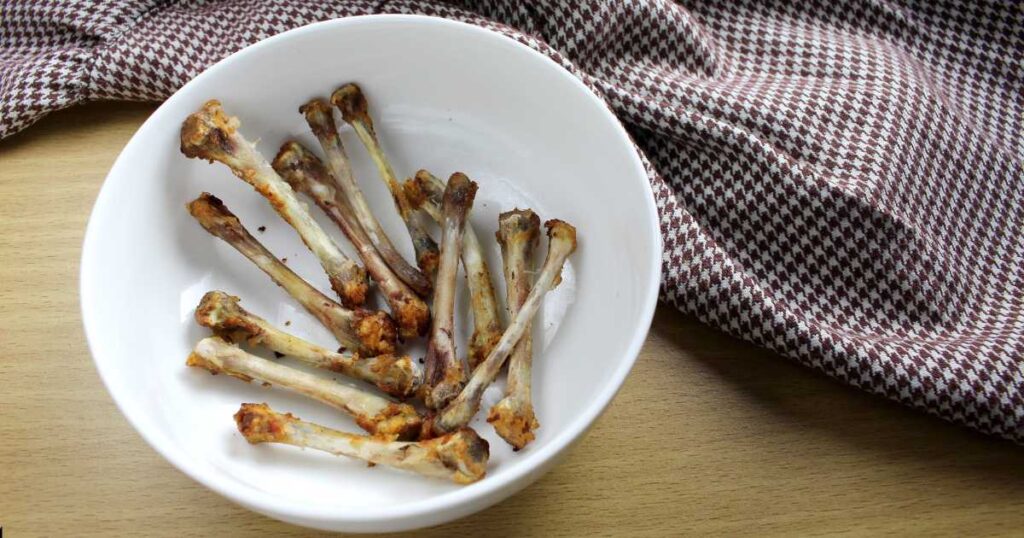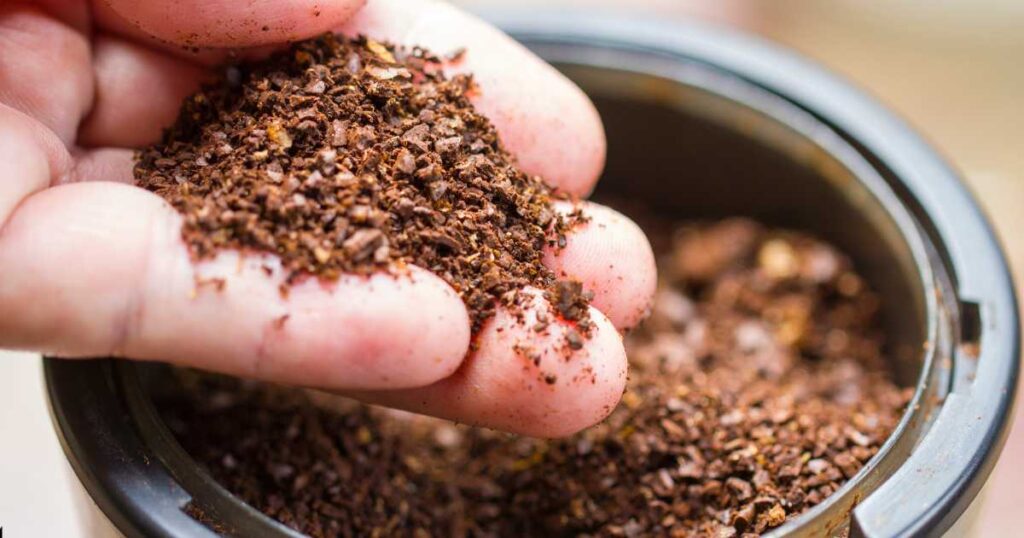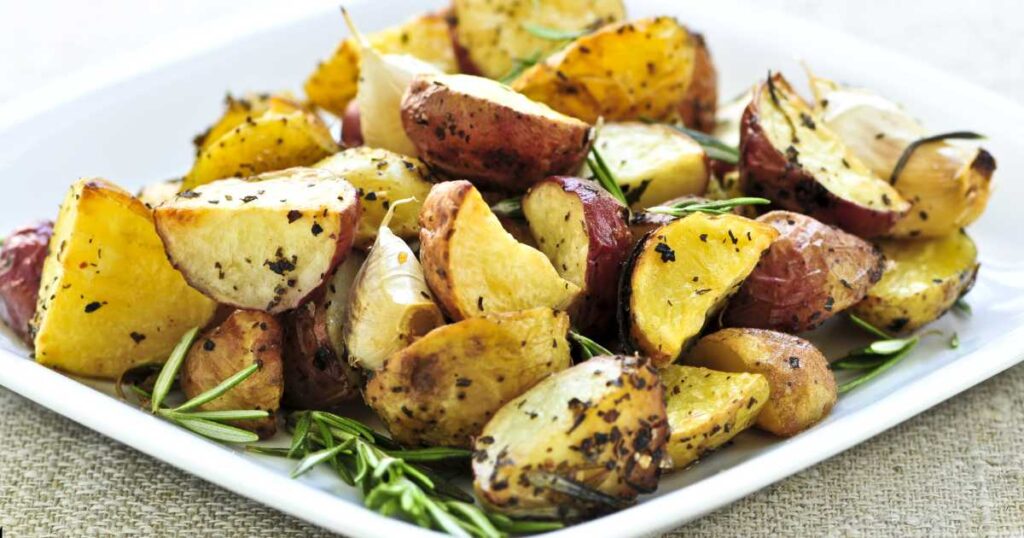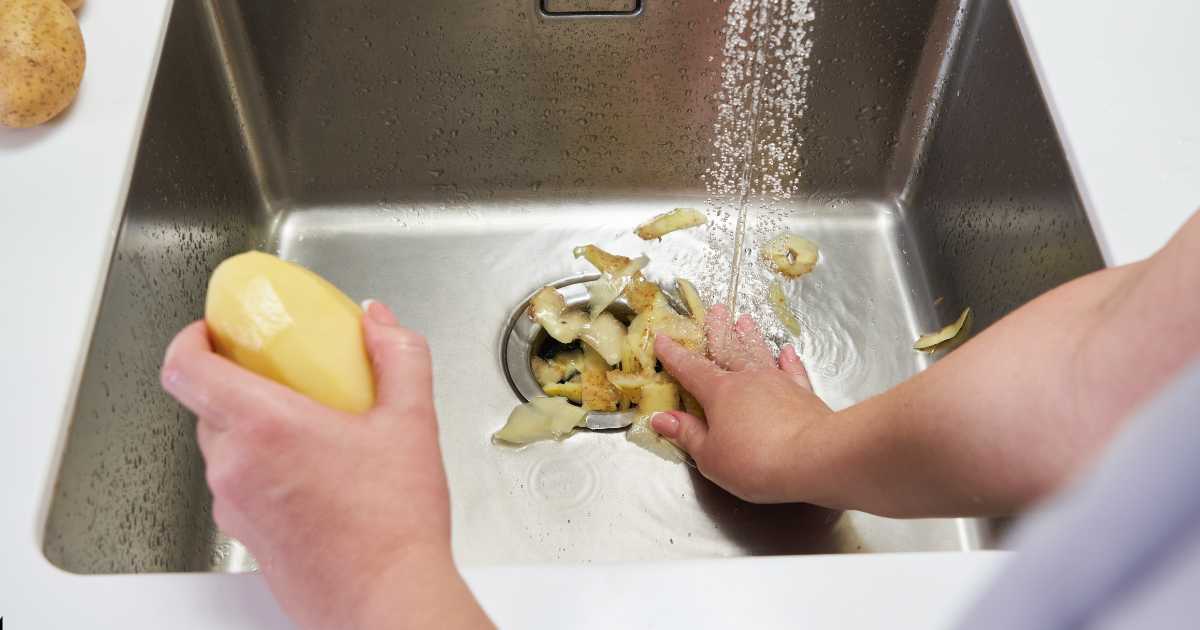A garbage disposal is an essential kitchen appliance that helps grind food waste into smaller pieces for easy disposal down the drain. While it may seem like a convenient way to dispose of food scraps, not everything is suitable for grinding.
Certain materials can damage the disposal unit, cause blockages in your plumbing, and even lead to costly repairs. Understanding what should not go into a garbage disposal is key to keeping your appliance functioning properly and avoiding plumbing issues.
Fibrous Foods
Fibrous foods are among the most common causes of garbage disposal malfunctions. These foods have long, stringy fibers that can become tangled around the disposal blades, causing the motor to strain or even seize up. Examples include:
- Celery
- Asparagus
- Corn husks
- Artichokes
The long fibers in these foods don’t break down easily and can wrap around the grinder blades, resulting in a jammed disposal. They can also form blockages in the drain pipes. The best practice is to dispose of these items in the trash or compost them instead.
Bones
Bones are too tough for garbage disposals to manage. Whether they are from chicken, beef, or fish, bones are dense and can quickly damage the blades and motor of the disposal. Even smaller bones that may seem grindable still pose a risk.
Instead of putting bones in the disposal, throw them in the trash or use them for composting if you have a compost bin that can handle such materials.
For larger waste removal, consider dumpster rental for your cleanup project.

Grease, Oil, and Fats
Grease, oil, and fats may seem harmless when poured down the garbage disposal, but they can cause significant plumbing problems. When heated, these substances can melt, but as they cool, they harden and adhere to the pipe walls, leading to blockages. They can also coat the disposal blades, impairing their ability to function efficiently.
- Cooking oils
- Fats from meat
- Butter and margarine
- Salad dressings
To dispose of grease safely, pour it into a container, let it cool, and then throw it in the trash. Avoid pouring grease down the sink or disposal at all costs.
For handling large-scale kitchen waste, check out our guide on dumpster rentals for residential use.
Coffee Grounds
Coffee grounds seem like they could be easily disposed of in the garbage disposal, but they actually pose a risk to your plumbing. When coffee grounds enter the disposal, they can combine with water and other food particles to form a thick sludge that sticks to pipes.
This sludge can cause severe clogs over time. Instead of tossing coffee grounds down the disposal, throw them in the trash or use them for composting, as they are rich in nitrogen and can benefit garden soil.

Eggshells
Eggshells are often mistakenly tossed into the garbage disposal, but they can cause more harm than good. The hard shells can break the disposal’s blades or dull them, making them less effective.
The thin membrane inside the eggshell can also cause a sticky paste to form inside the disposal or the drain pipes, leading to blockages. It’s best to dispose of eggshells in the trash or compost them.
Pits from Fruits and Avocados
Fruit pits are tough, hard, and generally too large to break down in a garbage disposal. Whether it’s a peach, plum, cherry, or avocado pit, these items can break the disposal’s blades and cause severe damage.
Instead of putting pits in the disposal, remove them from the fruit and dispose of them in the trash. For avocados, try composting the pits if possible.
Non-Food Items
Many people mistakenly put non-food items into their garbage disposals, causing serious damage to both the disposal and plumbing system. These materials can get caught in the blades, create clogs, or even break the motor. Some common non-food items to avoid include:
- Plastic
- Paper
- Glass
- Rubber
- Metals
These items should always be disposed of separately, either through recycling or trash. A good rule of thumb is that if it’s not food, it doesn’t belong in the disposal.
For proper disposal of hazardous or bulky items, refer to how to handle hazardous materials in dumpsters.
Starchy Foods
Starchy foods, such as rice, pasta, potatoes, and bread, should never go into the garbage disposal. These foods tend to expand when exposed to water, creating a sticky paste that can easily clog pipes.
When you put starchy foods in the disposal, they can combine with other debris to form even more blockages. Always dispose of these items in the trash or compost them if possible. For rice and pasta, the best option is to avoid flushing them down the drain or disposal altogether.

Large Food Scraps
While it may be tempting to toss large pieces of food into the garbage disposal, it’s important to avoid doing so. Items such as thick vegetable peels or large chunks of meat may not grind up properly and could result in a jam.
Large pieces of food can overwhelm the disposal unit and cause it to malfunction. Instead of putting large scraps down the disposal, break them into smaller pieces or throw them away in the trash.
Cleaning Products and Chemicals
Harsh cleaning products or chemicals should never be poured down your garbage disposal. Drain cleaners, bleach, or other toxic chemicals can cause damage to the disposal’s internal parts, corrode the blades, and even lead to dangerous fumes when mixed with other substances. To clean your garbage disposal, stick to using mild dish soap and warm water or natural ingredients like baking soda and vinegar.
Stringy Vegetables
Certain vegetables like pumpkin, squash, and string beans have fibrous structures that can cause the disposal to clog or jam. When these stringy vegetables are ground up, their fibers can wrap around the disposal blades, preventing them from turning or causing blockages in the drain. If you’re preparing these types of vegetables, dispose of their peels and remains in the trash or compost bin.
Frequently Asked Questions
Can I put pasta or rice in my garbage disposal?
No, pasta and rice should not be put in your garbage disposal. These starchy foods expand when exposed to water and can form a sticky paste that can clog your disposal or pipes. It’s better to dispose of pasta and rice in the trash or compost them if possible.
What happens if I put eggshells in my garbage disposal?
Eggshells are discouraged for use in garbage disposals, as they may harm the blades and lead to clogs. The hard shells may break the blades or dull them, and the thin membrane inside the eggshell can create a paste that builds up in the disposal and pipes, leading to clogs.
Can I dispose of bones in the garbage disposal?
No, bones should not be placed in a garbage disposal. They are too hard and can break or dull the blades of the disposal. Large bones, like those from chicken or beef, can also cause severe jams and damage to the motor. It’s best to throw bones in the trash or add them to compost.
Why can’t I dispose of coffee grounds in the garbage disposal?
Coffee grounds create a thick sludge when mixed with water, which can accumulate in the pipes and cause blockages. Even if the disposal grinds the grounds, they can still form a paste-like substance that can clog the plumbing over time. It’s best to throw coffee grounds in the trash or compost them.
Can I put grease or oil in the garbage disposal?
No, grease, oil, and fats should not be disposed of in the garbage disposal. When they cool, they can solidify and stick to the disposal’s blades and the pipes, leading to blockages. It’s important to dispose of these substances in a container and throw them in the trash.
Is it safe to put vegetable peels in the garbage disposal?
Vegetable peels from certain fibrous vegetables, such as pumpkins, squash, or string beans, should not be placed in the garbage disposal. These vegetables have stringy fibers that can wrap around the blades, causing the disposal to jam. It’s better to compost these scraps or throw them in the trash.
What should I do if my garbage disposal starts to smell bad?
If your garbage disposal starts to smell, try cleaning it with a mixture of baking soda and vinegar. Pour the baking soda into the disposal, then add the vinegar. Let it fizz for a few minutes, then rinse it down with cold water. You can also grind up citrus peels or ice cubes in the disposal to help freshen it up.
Can I dispose of small amounts of food in the garbage disposal?
While small amounts of food can be safely put into the disposal, large food scraps or non-food items should be avoided.
It’s important to break larger scraps into smaller pieces before placing them in the disposal. The general rule is that if the food isn’t easily ground up or is likely to cause a blockage, it should be disposed of in the trash.
Conclusion
To ensure that your garbage disposal continues to function properly and that your plumbing remains free from clogs and damage, it’s crucial to avoid putting certain materials in it. Fibrous foods, bones, grease, coffee grounds, and non-food items can all lead to issues such as jammed blades, blocked pipes, or a broken motor.
Being mindful of what you put down the disposal is key to its longevity and efficiency. Regular maintenance, such as running cold water while using the disposal and cleaning it periodically with natural ingredients, will also help extend its life.
By following these simple guidelines, you can keep your garbage disposal running smoothly and your kitchen free of plumbing headaches.
